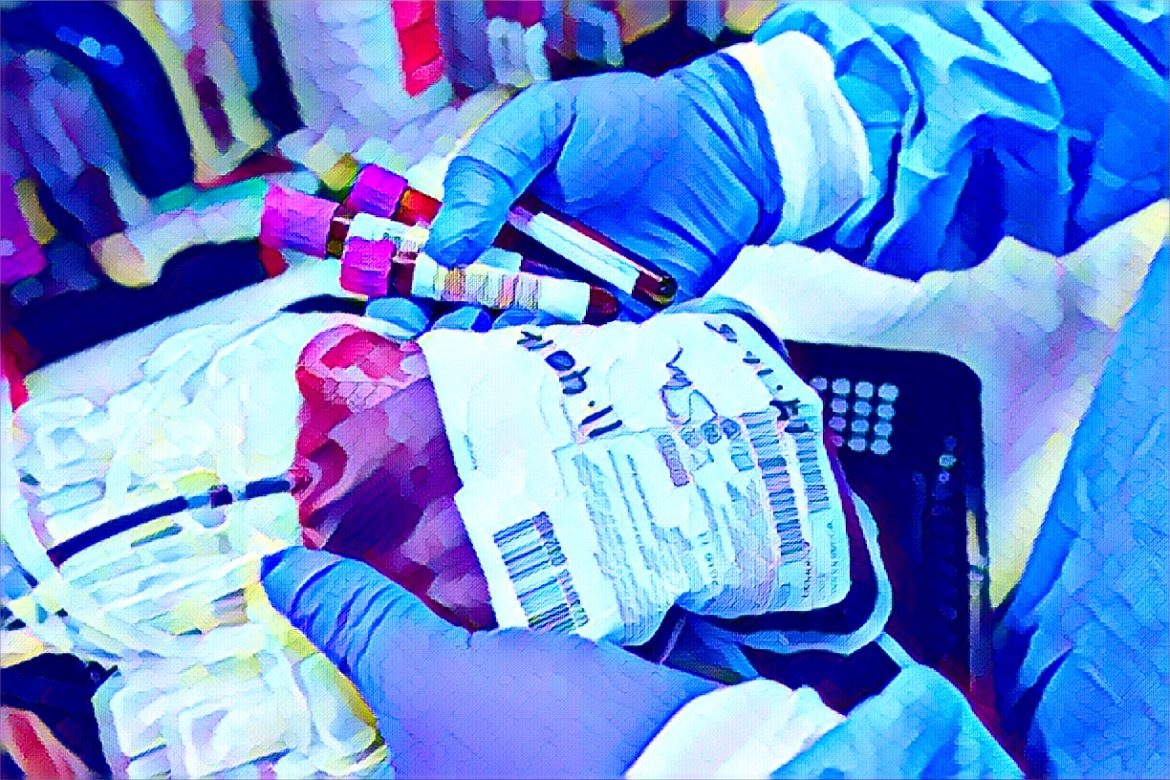In Zimbabwe, there is currently a significant delay in blood testing, which is affecting the availability of essential blood supplies, as reported by the National Blood Services Zimbabwe (NBSZ). On World Blood Donor Day, Lucy Marowa, the CEO of NBSZ, highlighted the urgency of addressing this logistical bottleneck during the launch event in Harare. She mentioned that the organization is facing a backlog of 2,750 units of blood waiting to be tested due to recent technical challenges.
Marowa explained that the blood stocks are low not because of a shortage of blood, but due to logistical issues in the testing process. Although the testing machines are now operational, they are struggling to clear the backlog and make the blood available for medical use in a timely manner.
Zimbabwe has been experiencing periodic blood shortages, leading to continuous appeals for more donors. The current situation highlights a systemic issue where availability is hindered not by quantity, but by delays in readiness for use. The NBSZ is making every effort to expedite the testing process to ensure that hospitals receive the necessary supplies without further delay.
Emphasizing the critical role of voluntary non-remunerated blood donors, Marowa stated, “These generous individuals donate blood freely for the benefit of those in medical need, forming a cornerstone of our healthcare system.” The commitment of these donors is crucial in maintaining the blood supply, particularly during times of logistical challenges.
Moreover, Marowa shed light on upcoming advancements in blood testing technology with plans to introduce ribonucleic acid (RNA) testing of blood products. Despite its high cost—estimated at $1.4 million annually to cover 90,000 donations—the investment is considered crucial for enhancing the safety and reliability of blood transfusions. However, the implementation of such advanced testing is a significant financial undertaking for a developing nation like Zimbabwe.
The country still falls short of the World Health Organization’s recommended benchmark for a sustainable national blood program, which is to collect blood from 10 per 1,000 people. Zimbabwe currently collects about six per 1,000, achieving roughly 80% of its national blood needs at any given time. “Although we haven’t reached the target, we manage to meet a substantial portion of the demand, thanks to our donors,” Marowa noted, expressing gratitude towards the community of blood donors and encouraging more citizens to participate in blood donation.
This year, World Blood Donor Day will be celebrated in the Midlands province on June 14, serving as a reminder of the ongoing need for donations and the importance of efficient blood testing systems to ensure that donated blood reaches those in need promptly.


